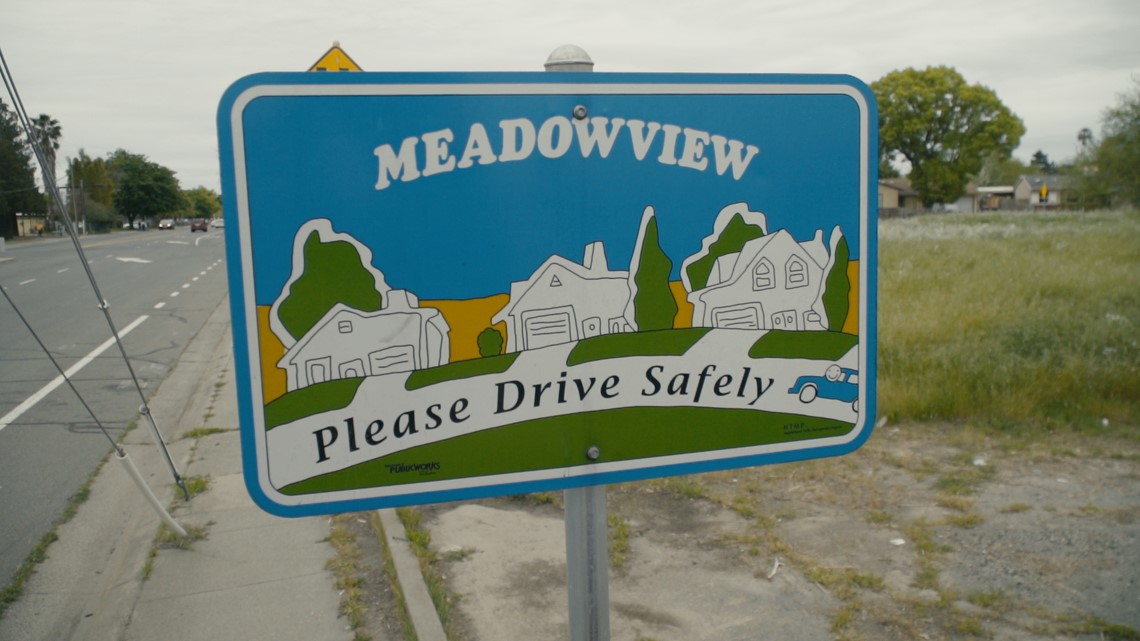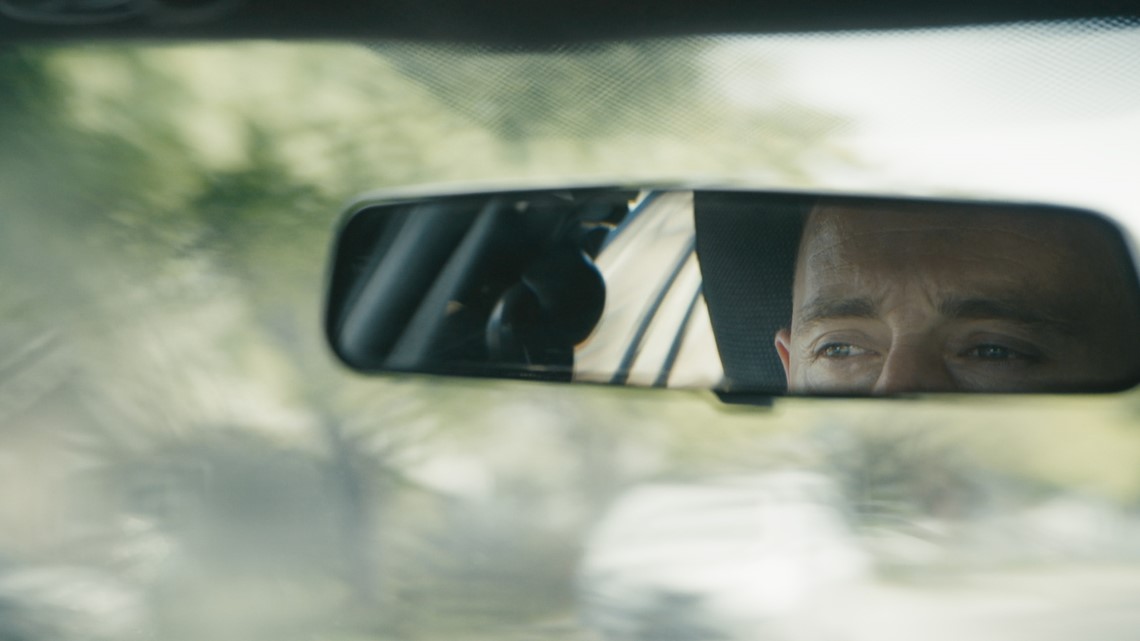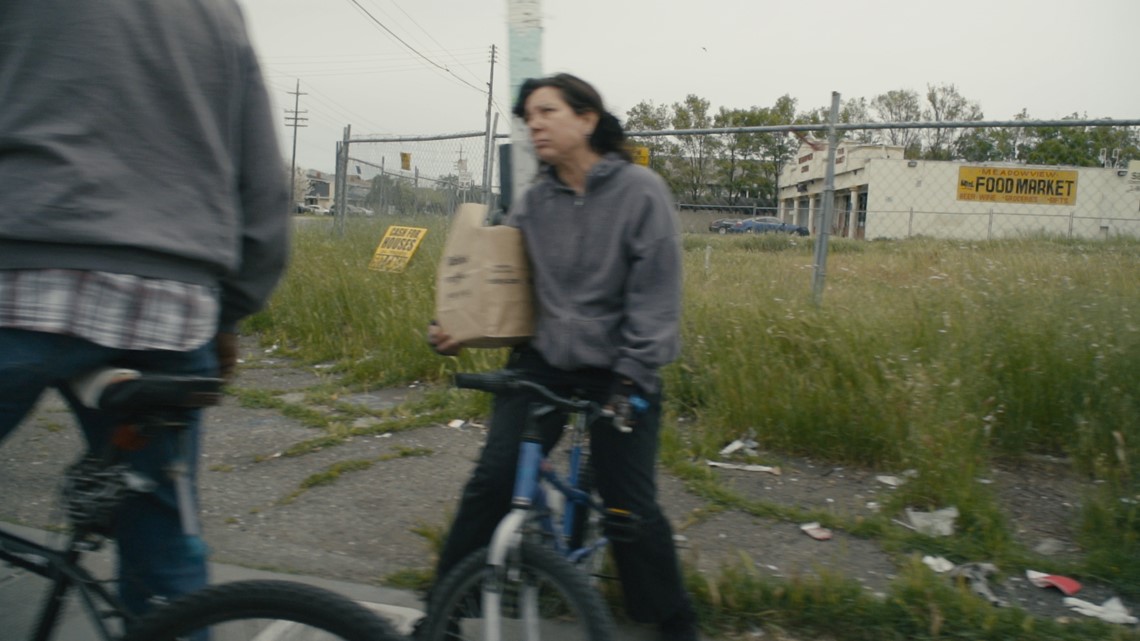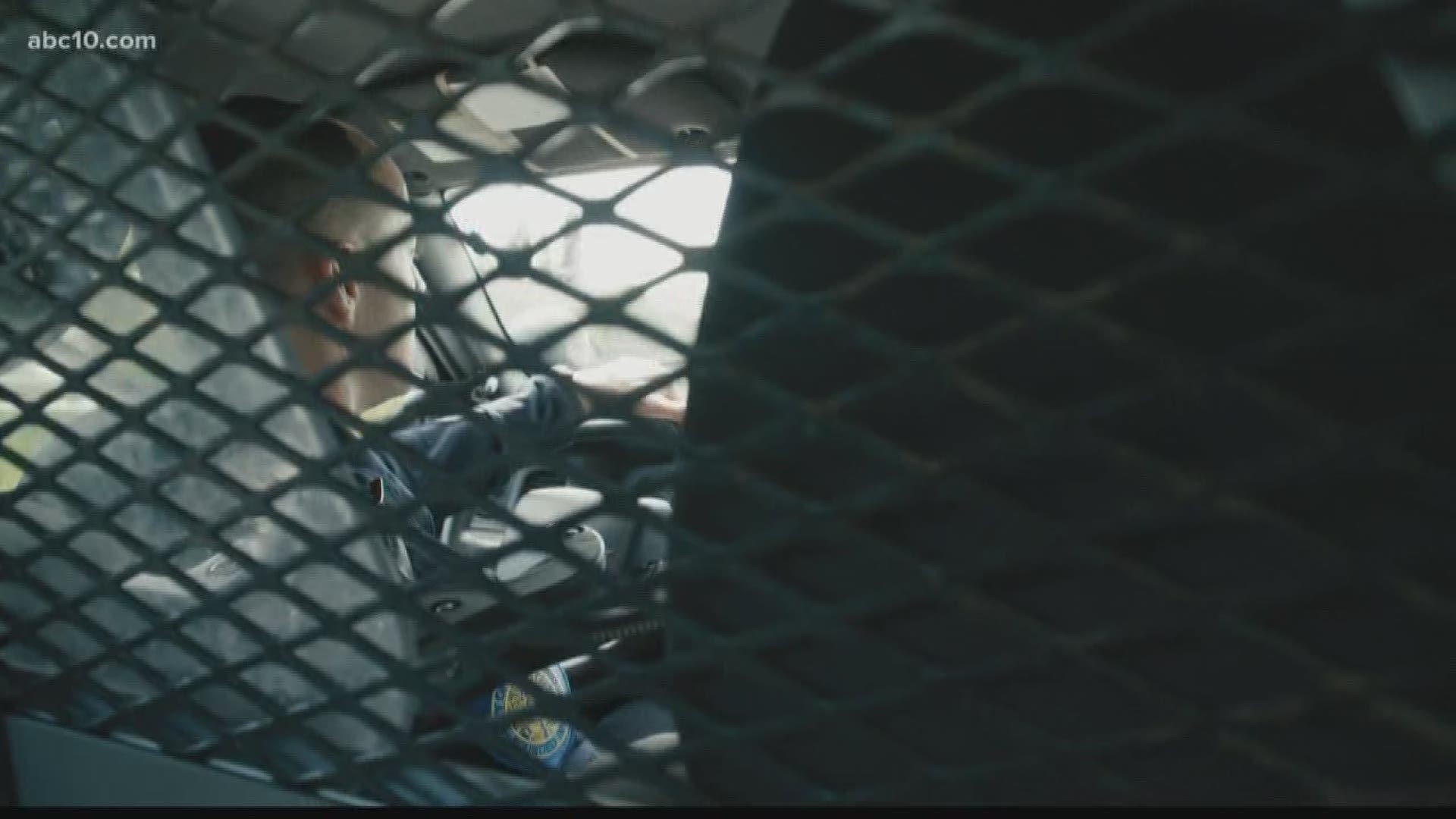The Meadowview neighborhood is hurting, but the pain didn't start with the killing of Stephon Clark.
Just 10 miles south of the California State Capitol, the Meadowview community has been the scene of more than a dozen slayings over past decade, including three at the hands of police. Many of its residents earn less than half the national average, according to the most recent U.S. Census data, and the local high school has consistently had one of the lowest graduation rates in the city for the past five years.
As this south Sacramento community continues to grapple with Clark's death, and the ensuing social upheaval, ABC10 spent 24 hours getting to know a neighborhood that's often only highlighted for its suffering.
"Where I live is difficult," said Kevin Decker, an 18-year-old Luther Burbank High student who quarterbacks for the school's football team. "Over here, we got hella car dealerships and no grocery stores, dude. It’s hella hard because some people can’t even afford cars and they got hella dealerships over here."
We met up with Decker on his walk to school, and talked to him about Clark's death and how it affected him.
"As easy as that could’ve been him, that could’ve been me," Decker said. "Just trying to enter my house. Like, I can’t find my key, a chopper’s outside, and they see me trying to get into my house…(they'll be) callin’ them quick. You’ll see three cars around my house very fast."


Data compiled by ABC10 shows that Meadowview has seen more officer involved shootings than any other neighborhood in Sacramento, though up until Clark’s death, those killed were armed.
"This is a neighborhood that has a lot of people that care, and also has its challenges," said Sgt. Vance Chandler, a spokesman for the Sacramento Police Department who used to patrol Meadowview 15 years ago.
Despite what you think about how things went down the night Clark was killed, ABC10 wanted to know how Sacramento police will work to repair its relationship with those who distrust them in the community.
"Both sides need to listen and need to understand," said Chandler. "It also takes us being consistent. Consistent in the great service we provide, our professionalism, our integrity to show our community that we our committed to being the best police department for this city."


While Chandler's outlook on the neighborhood appeared optimistic, Decker maintained police in Meadowview weren't doing enough to connect with his community.
"I mean, cops, in other states, they be trying to establish relationships, like, they be playing basketball with little kids and stuff," Decker said. But, over here, you go to the park, you'll be at the park all day, man, and that cop will sit out there in that car and watch you. They won't come outside, they won't come outside they car. They ain't got no kind of positive interaction like that."
But Chandler said the police officers in his department do care about the Meadowview community.
"We care about every call, we care about every person that we're able to provide for, and, we want everybody to know that our officers serve with great compassion."
Though Decker and Chandler may not see eye to eye when it comes police-community relations in Meadowview, they both agree that the neighborhood is in need of resources, particularly grocery stores, as the community is essentially a food desert.


"There's not even no big old grocery store, like Costco or Sam's club," Decker said. "We don't got none of that over here."
Business owners I spoke with said it’s becoming increasingly difficult to keep their doors open, but their thankful for the police presence when threatened by criminals.
"We are trying to recruit police officers and, at the same time, we are doing a whole lot more now than when I worked in this area," Chandler said. "Our patrol officers are asked to do a lot and they deliver on a daily basis."
Decker says Meadowview could be a better if more people cared about its fate, chiefly local politicians.
"I believe all areas like Meadowview, they could all be a better place," Decker said. "It's just how far the government is going to support these areas."
Follow the conversation with Michael Anthony Adams on Facebook.

